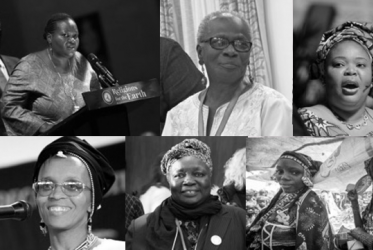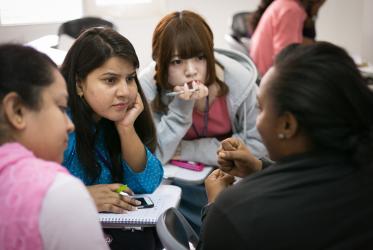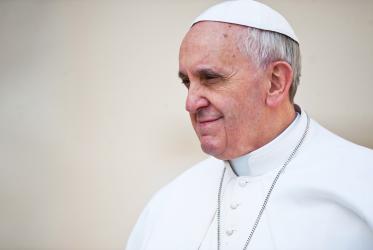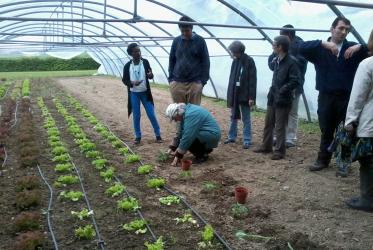Displaying 1 - 20 of 21
Pan-African Women of Faith and the Vision of Christian Unity, Mission, and Justice
01 November 2023
In Ghana, women bring open minds, honest words
05 July 2016
WCC conference explores ecological injustice in Uganda
21 April 2016
Catholic-WCC group pursues new mandate
13 April 2016
Basel University honors Ghanian Methodist theologian
09 December 2015
Ecumenical workshop in Cuba promotes life-affirming epistemologies
23 February 2015










